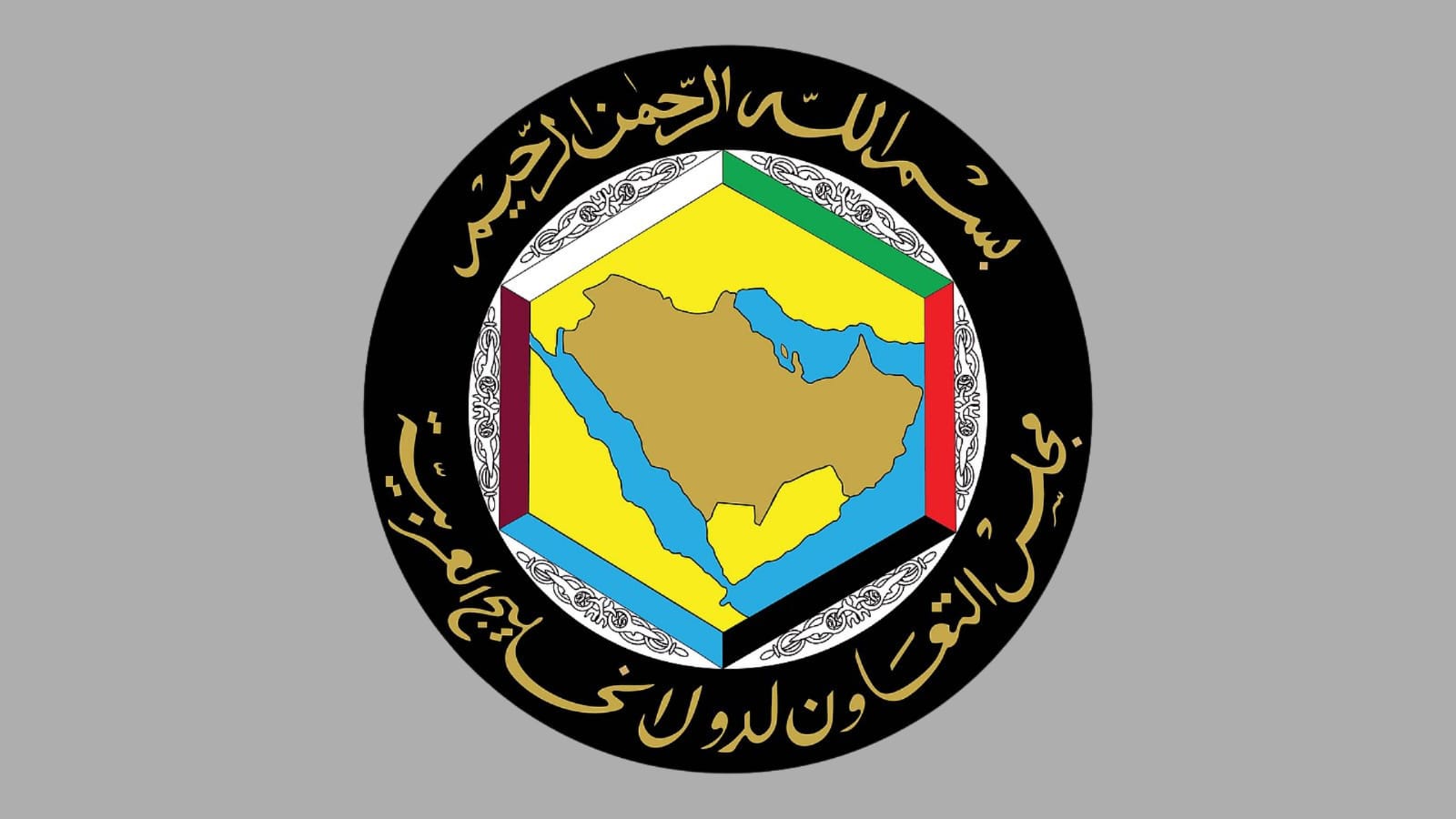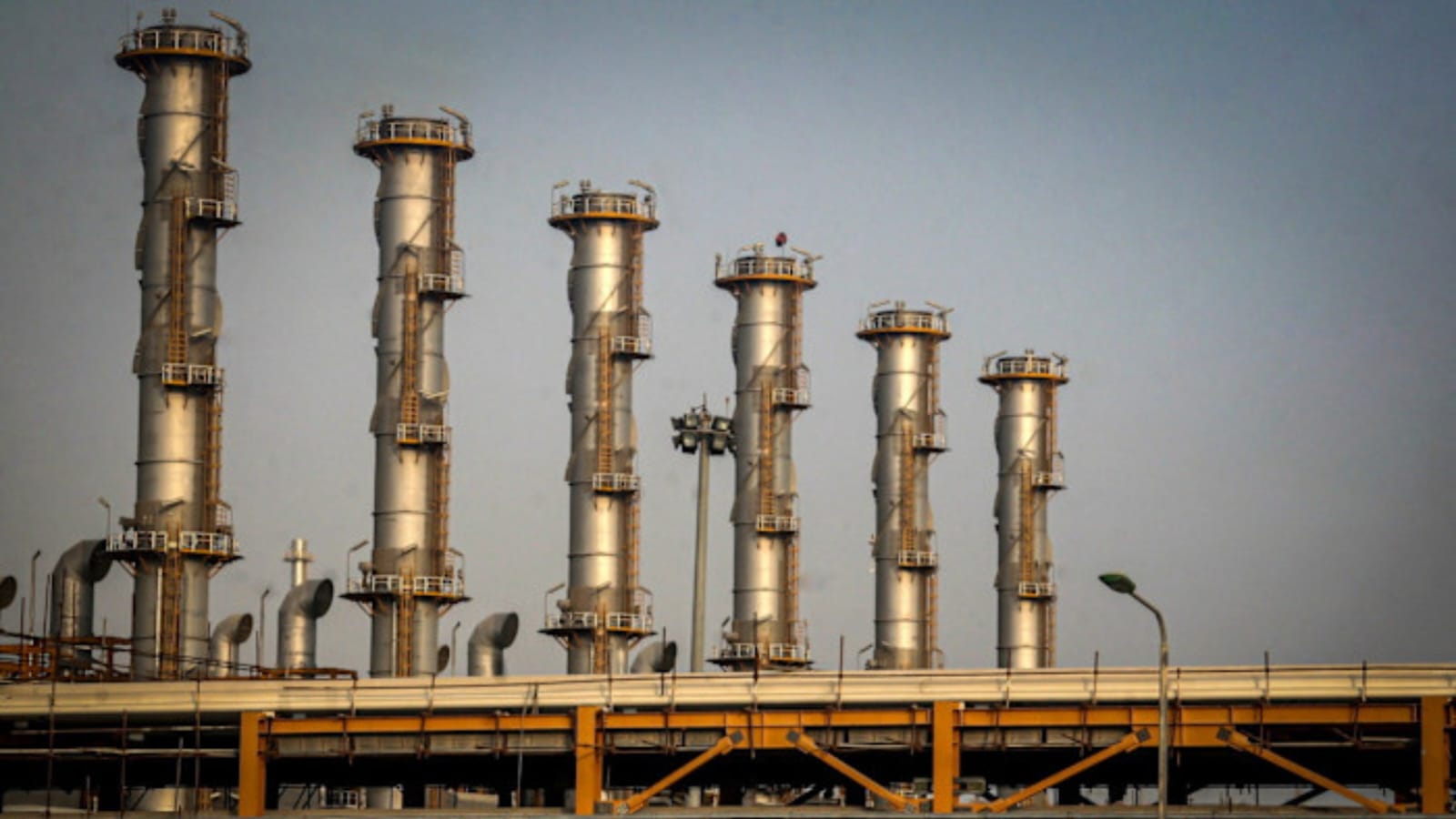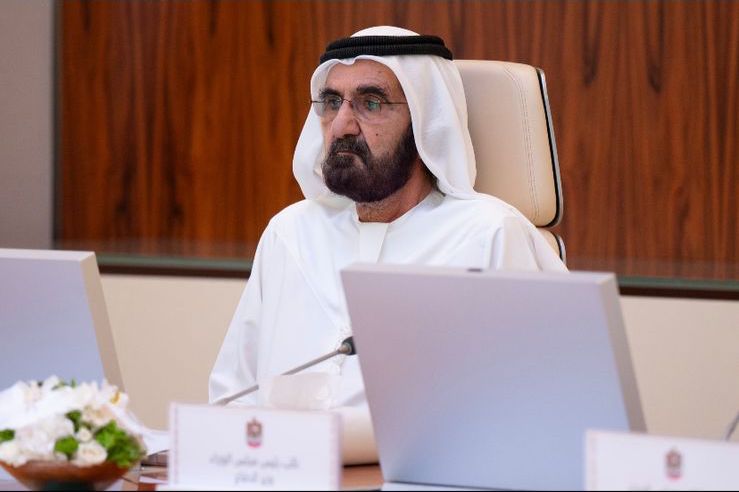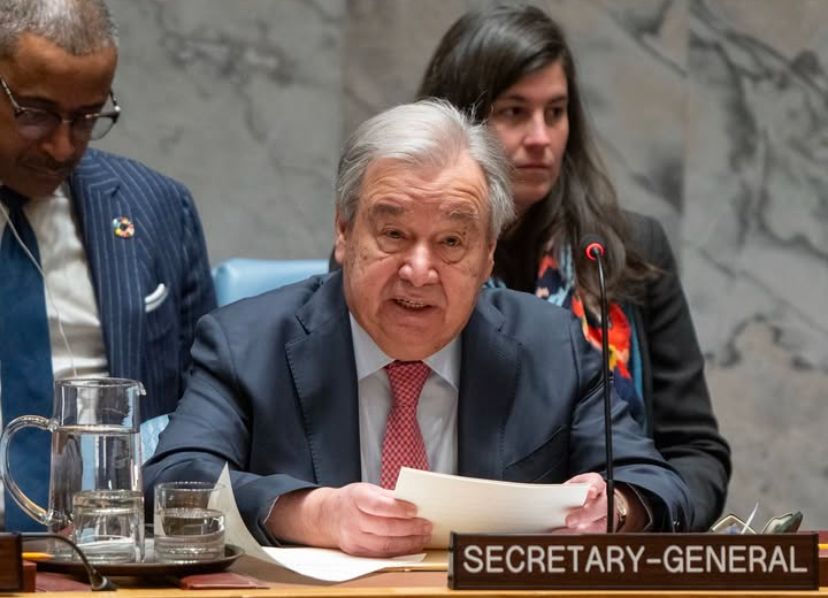G7 Summit Focuses on Ukraine, Sanctions, and Energy Security
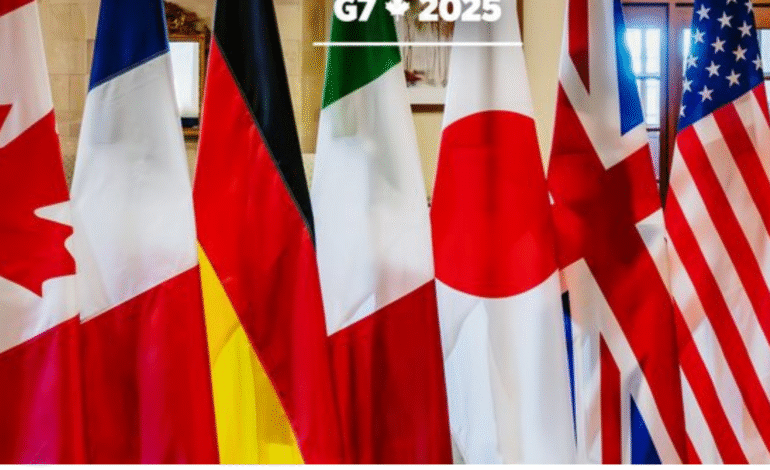
The Group of Seven (G7) Summit has officially opened in Alberta, Canada, drawing leaders from the world’s seven largest advanced economies. This high-level event is expected to shape several global strategies, and this year, Ukraine holds a prominent place on the agenda. Discussions include Ukraine’s recovery, Western sanctions against Russia, and the future of Ukrainian sovereignty—all while global leaders assess broader energy security and economic concerns.
Ukraine Included in Core Economic Dialogues at G7 Summit
This year’s G7 Summit gives Ukraine a significant role in global economic dialogue. According to Ukrainian Member of Parliament Yevhenia Kravchuk, who serves as Deputy Chair of the Verkhovna Rada Committee and heads the Subcommittee on Information Policy and European Integration, Ukraine has not only been invited but is also receiving focused attention from the summit’s participants.
Speaking on national television, Kravchuk emphasized the importance of Ukraine’s participation. “At the summit, the world’s seven leading economies are discussing economic issues. It is very good that Ukraine is invited. It is important that there will be a separate topic dedicated to Ukraine,” she said.
She revealed that a working breakfast scheduled for the second day of the summit will concentrate on Ukraine’s recovery and future economic growth.
Dedicated G7 Session Will Address Ukraine’s Recovery Plans
The scheduled breakfast session is not just symbolic—it underscores the priority the G7 nations are placing on Ukraine’s economic reconstruction. This special discussion will look at long-term recovery strategies including infrastructure rehabilitation, economic modernization, and foreign investment. As global leaders engage in these talks, they are expected to explore collaborative frameworks that can help Ukraine stabilize its economy and chart a path forward.
The focus on Ukraine’s economy comes at a time when the country continues to face serious challenges stemming from ongoing conflict. This part of the summit is expected to provide a platform for Ukraine to outline its needs while engaging directly with potential donors, investors, and allied governments.
Sanctions Policy Against Russia Central to G7 Conversations
Another key topic that Kravchuk emphasized is the evolving sanctions regime against Russia. A major area of focus for G7 leaders is the cap on Russian oil prices, which currently stands at $60 per barrel. According to Kravchuk, Ukrainian representatives hope to see this cap lowered significantly.
She stated, “We would expect a discussion of the issue of lowering the price cap on Russian oil within the framework of sanctions. From $60 to $45. Of course, we believe that $30 is better.”
This topic is expected to generate robust discussion as nations consider both the economic and geopolitical implications of tougher sanctions. The G7’s unified approach has been critical in shaping the sanctions landscape thus far, but differences in policy perspectives could impact any decision to adjust the oil cap further.
European Leverage on Russian Oil Exports Holds Key Role
Even in the absence of full consensus among all G7 members—particularly the United States—Kravchuk suggested that European nations may still act independently. “If you look at who the export of oil depends on territorially, it is the European continent,” she explained.
She pointed out that many oil tankers, including those part of the so-called “shadow fleet,” pass through the Baltic Sea via the Danish Strait. This gives European countries geographical influence over the enforcement of sanctions. “Therefore, it will be more difficult without the US, but the EU and the UK will be able to solve some things on their own,” Kravchuk added.
This assertion reflects a broader shift in geopolitical strategy where regional powers, such as the EU and UK, may take the initiative in enforcing economic measures, even in the absence of complete alignment across the Atlantic.
Day Two Dedicated to Ukraine’s Sovereignty and National Strength
The final day of the G7 Summit, Tuesday, June 17, is expected to be pivotal. A full working session has been scheduled under the theme “Strong and Sovereign Ukraine.” This segment will begin with an official welcome from the summit leaders and proceed into a working breakfast that is likely to highlight Ukraine’s aspirations for sovereignty, security, and integration into global systems.
President Volodymyr Zelensky is also expected to take part in these discussions, using the opportunity to present Ukraine’s long-term goals and vision for a peaceful, economically stable future. This engagement is a continuation of Ukraine’s broader diplomatic outreach and desire to build strong ties with Western allies.
Energy Security to Dominate Final Round of G7 Talks
Alongside discussions about Ukraine, the G7’s final working lunch will concentrate on energy security, a subject that has remained at the forefront of global concerns. Energy reliability has taken center stage in light of the recent global supply shocks and price volatility.
Leaders are set to deliberate on alternative energy sources, reducing dependency on traditional supply routes, and strengthening national and regional energy infrastructure. This topic intersects directly with the Ukraine-Russia situation, as sanctions on Russian energy exports have wide-ranging implications on global energy markets.
Renewable energy, strategic reserves, and innovations in energy transport are also expected to be highlighted as part of the solution to present and future energy challenges. The focus remains on ensuring secure, affordable, and sustainable energy supplies across member nations and beyond.
Summit Concludes With Diplomatic Photo and Press Conference
Following the working sessions, the summit will conclude with a symbolic photo opportunity involving all attending leaders. While ceremonial, such photos reinforce the spirit of unity among participating nations.
The G7 chair will later hold a press conference summarizing key takeaways from the summit. This will include updates on sanctions policy, economic strategies for Ukraine, energy initiatives, and any joint commitments made during the summit’s course. Observers around the world will be closely watching for any major declarations or policy shifts that emerge from these closing statements.
A Platform for Multilateral Dialogue, Not Political Alignment
The G7 Summit, while influential, does not seek to dictate outcomes unilaterally. Its core function is to facilitate multilateral dialogue and cooperation among nations that collectively influence global economic trends. As such, while each member brings national perspectives, the summit strives to promote consensus and constructive engagement.
Ukraine’s involvement this year underscores the international community’s concern for maintaining global norms and upholding sovereignty without aligning politically. The summit’s tone has been carefully balanced to remain diplomatic, offering Ukraine a voice while avoiding polarizing statements or partisan approaches.
Ukraine’s Participation Reflects a Strategy of Economic Diplomacy
President Zelensky’s expected participation and Kravchuk’s statements reflect a strategy focused on diplomacy and international economic cooperation. Ukraine’s presence in key sessions not only provides an avenue for securing support but also repositions the country as an active stakeholder in global conversations, rather than a passive recipient of aid.
This strategy of economic diplomacy may enhance Ukraine’s opportunities for investment, trade, and long-term partnerships, all of which are essential for national recovery and sustainable development.
G7 Summit Signals Commitment to Peaceful Global Cooperation
The 2024 G7 Summit in Alberta is poised to leave a lasting impact on global strategy. The focus on Ukraine, both in terms of recovery and sanctions enforcement, adds a significant layer to the summit’s relevance. Discussions around energy security further highlight the interdependence of nations in facing modern challenges.
The summit, by providing a neutral platform for dialogue, has reinforced its role as a bridge between national interests and global objectives. As the world continues to evolve in complexity, platforms like the G7 remain vital for collaborative policy-making, peaceful diplomacy, and coordinated economic recovery.
Ukraine’s inclusion, and the seriousness with which its recovery and sovereignty are being addressed, reflect a deepening awareness that global security and economic growth are interlinked. Whether through diplomatic strategy, economic partnerships, or sanctions reform, the outcomes of this summit are expected to shape not just Ukraine’s future, but the direction of international cooperation in the years ahead.

